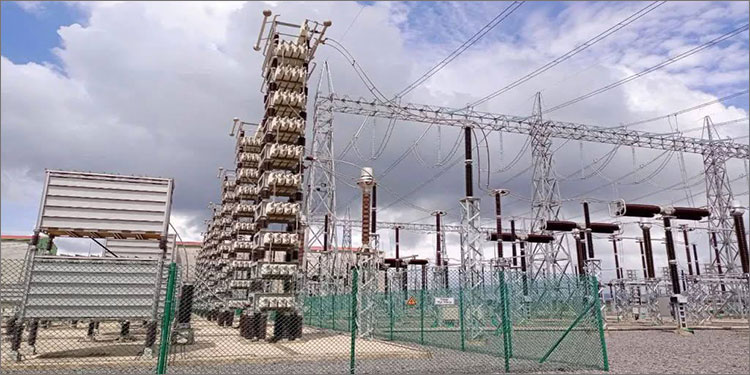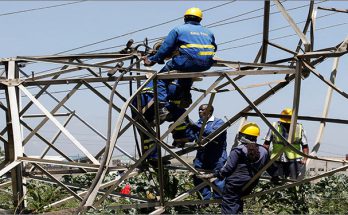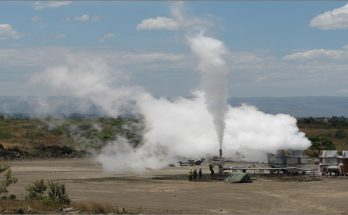 The Ministry of Water and Energy in Ethiopia has declared that the country’s electricity access now covers 54 percent of its population, representing a major advancement in the nation’s continued initiatives to broaden energy availability via both conventional and renewable sources.
The Ministry of Water and Energy in Ethiopia has declared that the country’s electricity access now covers 54 percent of its population, representing a major advancement in the nation’s continued initiatives to broaden energy availability via both conventional and renewable sources.
The State Minister of Water and Energy, Sultan Wali, informed the local news agency ENA that the government has initiated a new initiative aimed at enhancing electricity access, focusing especially on communities that are still unconnected to the national grid.
He said that although expanding the grid is crucial to the government’s approach, there is a specific emphasis on off-grid options like solar and biogas technologies to provide electricity to remote communities. He highlighted that Ethiopia’s solar energy industry has experienced significant growth, with enhanced capacity and lower costs making renewable solutions more attainable for households.
Financial institutions and development partners have significantly contributed to Ethiopia’s efforts to expand electrification. Sultan emphasized their role in funding initiatives that seek to provide dependable power to areas that are lacking access.
Misrach Sisay, the Director General of the Ethiopian Solar Energy Development Association, stated that governmental policies have fostered increased involvement from the private sector, with over 100 member companies now offering solar-powered solutions to rural areas. She highlighted the need for enhanced technological assistance to improve agricultural productivity and urged for low-interest loans to assist farmers in implementing renewable energy technologies.
Geremew Kefyalew, the Business Development Team Manager at Oromia Cooperative Bank, stated that the bank is working in partnership with development organizations to fund renewable energy projects. He emphasized, however, that the financial institutions’ lending ability needs to be enhanced to keep up with the rapidly increasing demand.
To promote its energy initiatives, the Ministry of Water and Energy has recently formalized a partnership with the International Solar Alliance (ISA) to carry out solar mini-grid and solar park projects. This collaboration is anticipated to improve both financial and technological cooperation, especially in utilizing solar energy for irrigation and providing drinking water.
Ethiopia is making strides in electrification by combining major infrastructure initiatives like the Grand Ethiopian Renaissance Dam (GERD) with decentralized renewable energy options, such as solar and wind power, to guarantee that the advantages of development reach communities throughout the country.



